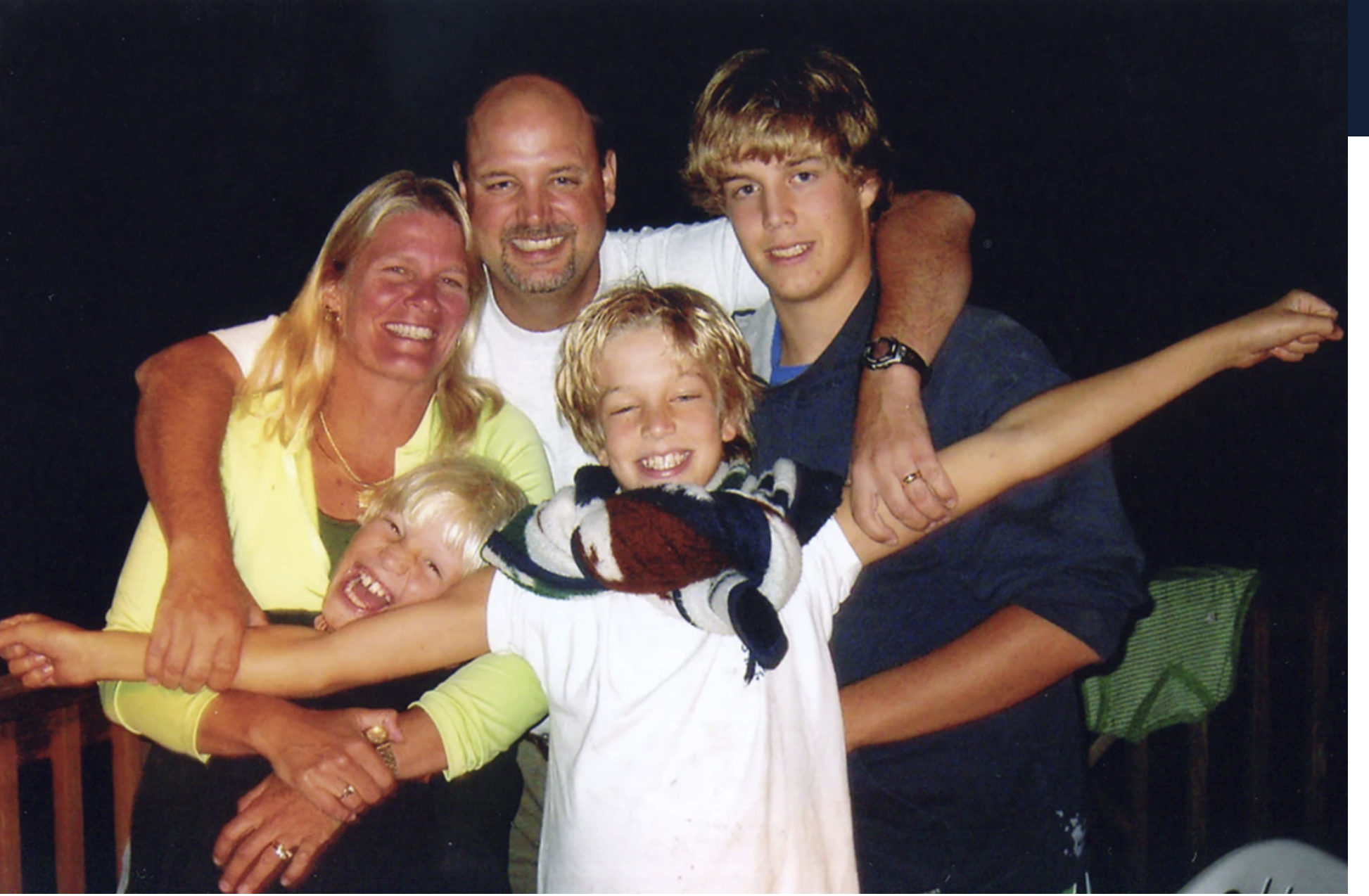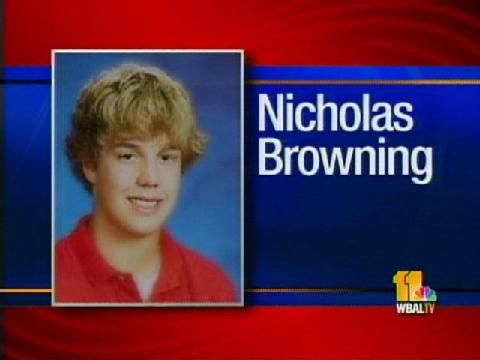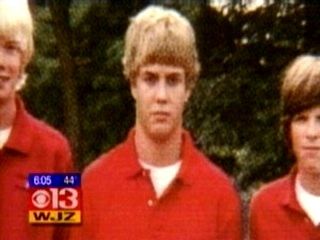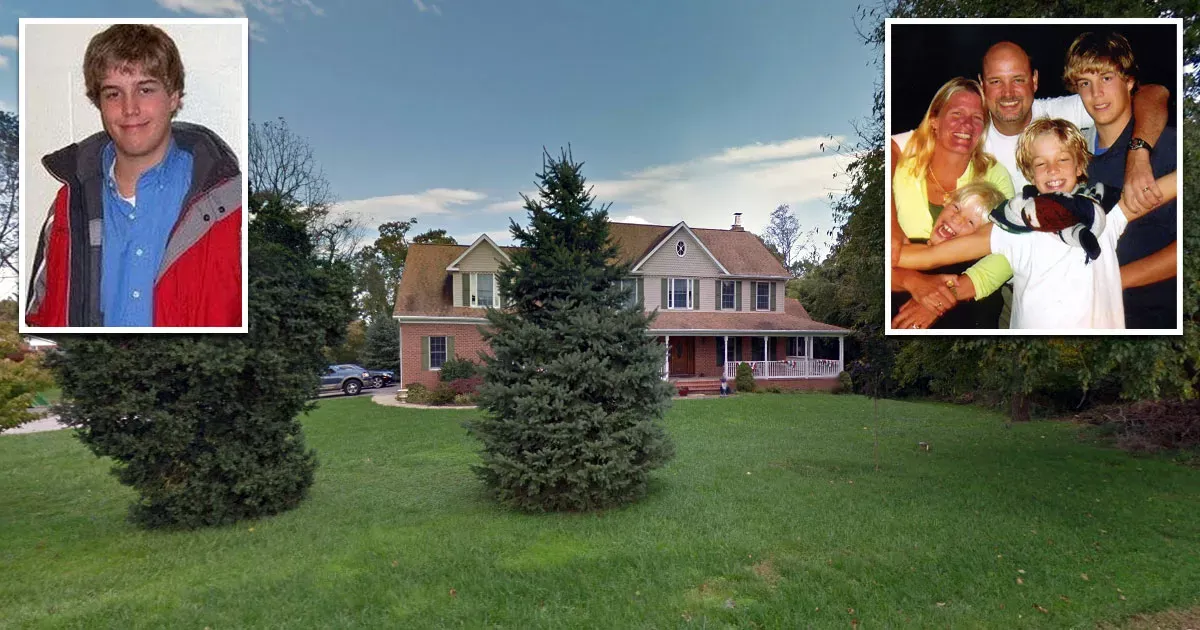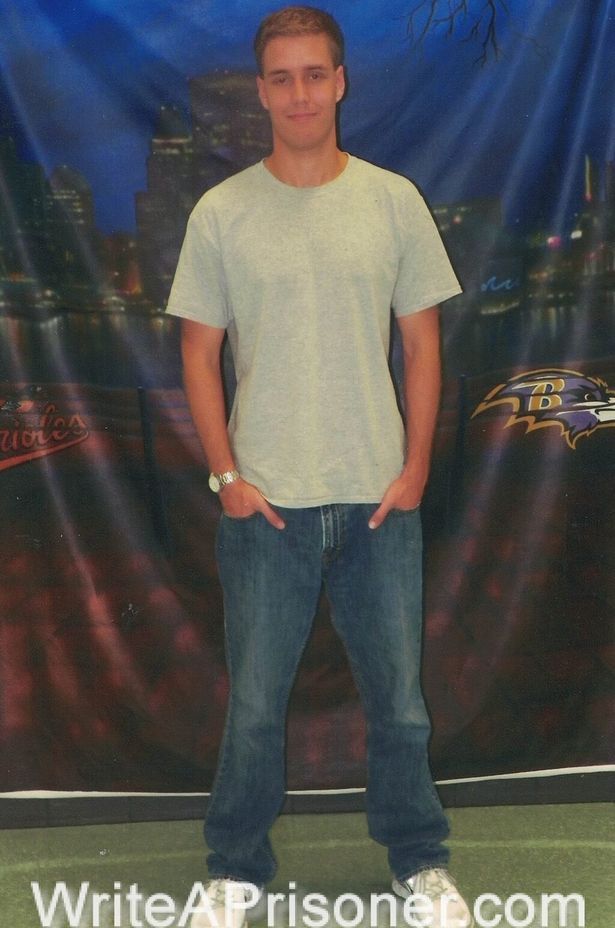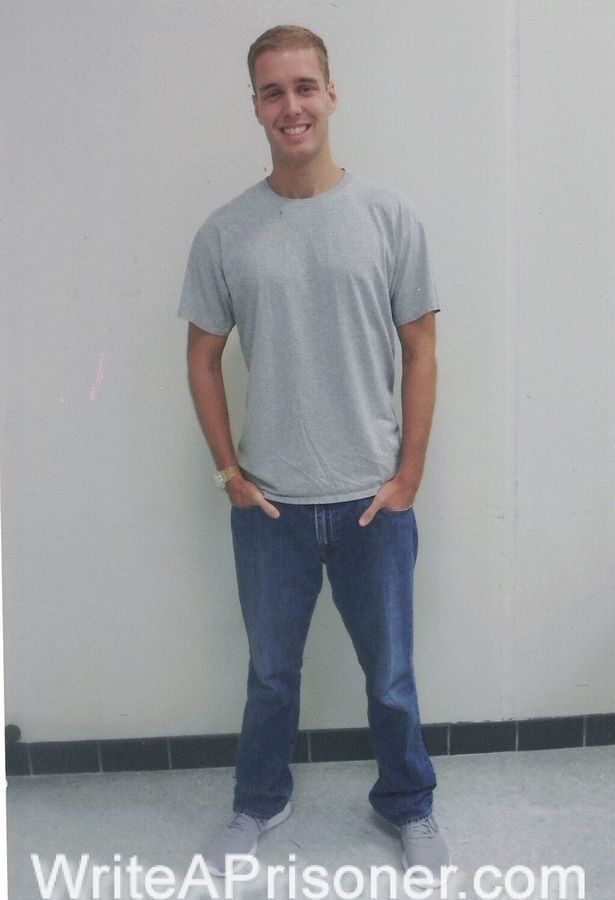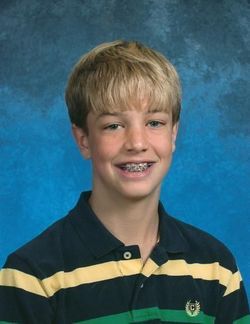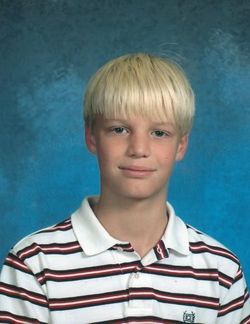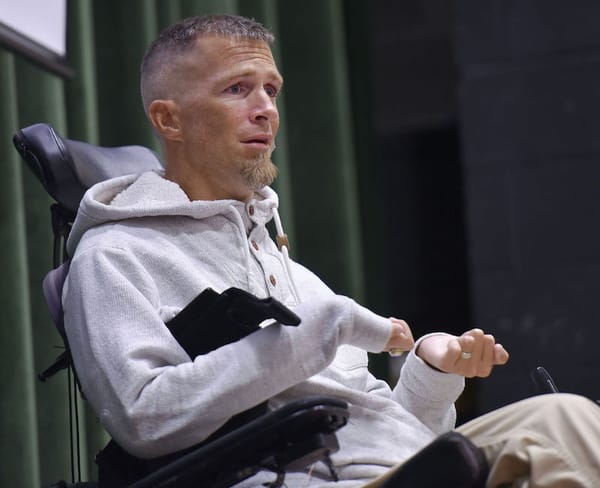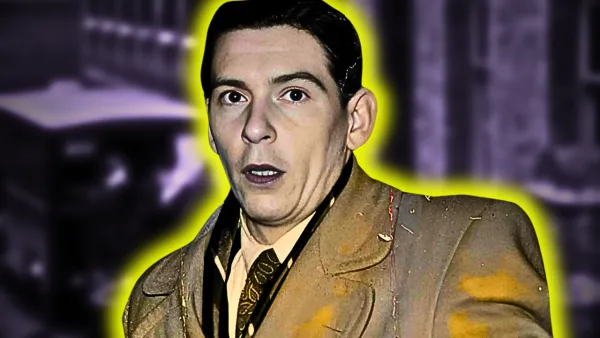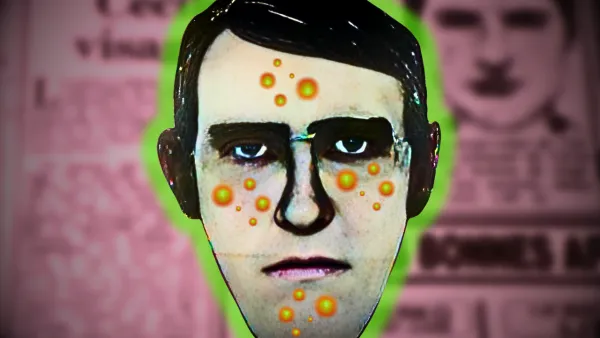This is what a 15-year-old Sociopath looks like: Nicholas Browning, "Stone Cold Killer" Murdered Entire Family Then Went to the Mall with Friends

In 2008, the Browning family, residing in Maryland, was tragically struck by a quadruple homicide. The victims were the father, mother, and their two youngest sons. The perpetrator was identified as Nicholas Browning, the eldest son of the family, who was later convicted and is currently serving multiple life sentences for the murders of his family members.
“He was a boy with a dark side.” — A classmate of Nicholas Browning’s, speaking to The New York Times (source: The New York Times)
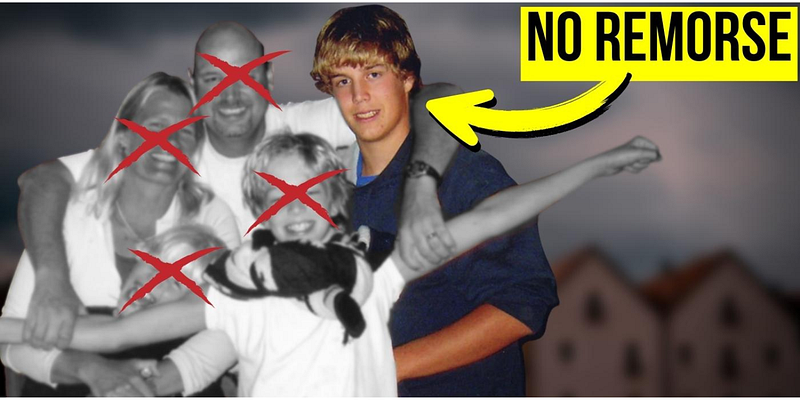
The following article contains graphic descriptions of murder. Mature audiences only.
Nicholas Waggoner Browning was a bright and privileged honor student from the suburban community of Cockeysville, Maryland, who murdered his parents and younger brothers in the winter of 2008. Browning’s father, John, was a local attorney, and his mother, Tamara, was a stay-at-home mom. The family enjoyed vacations at their vacation home in Deep Creek Lake, Western Maryland. Browning was charged with four counts of first-degree murder and arrested after admitting to the killings.
“The tragedy is indescribable. It’s unimaginable. We cannot fathom the circumstances surrounding it. It just does not make sense.” — John Kenneally, Nicholas’ lacrosse coach (source: The Baltimore Sun)
John Browning: Shot while sleeping on the couch

John was Browning’s father, and he was sleeping on the sofa on the ground floor when he was shot by Nicholas. John was a local attorney, working at Royston Mueller McLean & Reid in nearby Towson, Maryland.
“These people would do anything in the world for you — just incredible people.” (Neighbor Mike Thomas about John and Tamara Browning)
Tamara Browning: Shot while sleeping in master bedroom

Tamara was Browning’s mother, and she was killed by Nicholas upstairs along with his younger brothers, Benjamin and Gregory. Tamara was a stay-at-home mom, and according to a neighbor, the Brownings would “do anything in the world for you.”
Gregory Browning: 13, shot while sleeping in bed
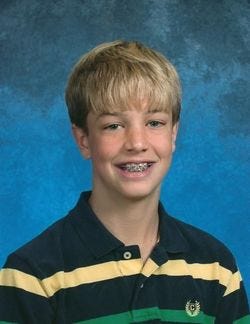
Gregory was Browning’s younger brother, and he was 13 years old when he was killed. Some of Nicholas’ classmates reported that he often hit Gregory. A former neighbor said that Gregory was a “good kid” who liked to play basketball.
“Greg was a good kid, and he was a good basketball player. He was very athletic.” (Former neighbor Garland Williams about Gregory Browning)
Benjamin Browning: 11, may have been awake after hearing Gregory’s shooting
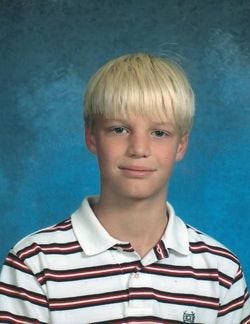
Benjamin was Browning’s youngest brother, and he was 11 years old when he was killed.
“Ben was an incredibly sweet kid. He used to ride his bike up and down the street all the time. He played soccer, too.” (Neighbor Mike Thomas about Benjamin Browning)
The murder weapon used by Nicholas Browning to kill his parents and two younger brothers was his father’s handgun, a 9mm pistol. After the killings, Nicholas threw the gun away in bushes near his house. The gun was later recovered by police and used as evidence in the trial.
After using the gun, Nicholas threw it away in the bushes near his house. It is unclear whether or not he had a specific reason for doing so. However, his decision to dispose of the gun suggests that he was attempting to cover up his crime and avoid being caught by the police. Ultimately, the gun was found by authorities and used as evidence in the trial that followed.
All-Star Son
Nicholas was an honor student at Dulaney High School in Timonium, Maryland, where he played on the varsity lacrosse team, was involved in golf, skiing, and was a Boy Scout. His father was also involved as a Scoutmaster and a church leader.
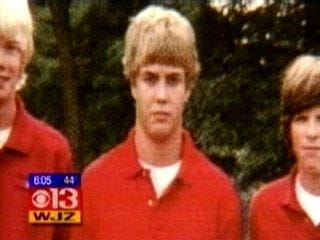
One of Nicholas’ lacrosse coaches, John Kenneally, found it hard to believe that Nicholas had committed the murders. At a candlelight vigil, he said, “It’s totally out of character. Something snapped. Something went wrong. Nick wouldn’t hurt a fly.” However, according to a psychiatrist hired by the defense, Nicholas talked about the murders “like he was talking about taking out the trash.” Nicholas’ classmates also reported that he talked about killing his family before the murders, but they ignored him because they thought he was joking.
The murders shocked the community, and many people tried to make sense of what could have driven a young man to commit such heinous acts. Some believed that he was a victim of abuse, while others suspected that he may have been motivated by money or a desire to assert his independence from his family. Reports from those who knew him varied, with some describing him as a class clown, and others claiming he was a bully who frequently hit his younger brother, Greg.
No Remorse
During the trial, prosecutors argued that Nicholas Browning had shown no remorse for his actions. According to reports, Nicholas’ behavior in the aftermath of the murders was strange and disturbing. After killing his family members, he threw the gun away in bushes near his house and then spent Friday night and all day Saturday with friends, even inviting them to a party at his house later that evening. He only reported the killings after his friends took him back home on Saturday afternoon.
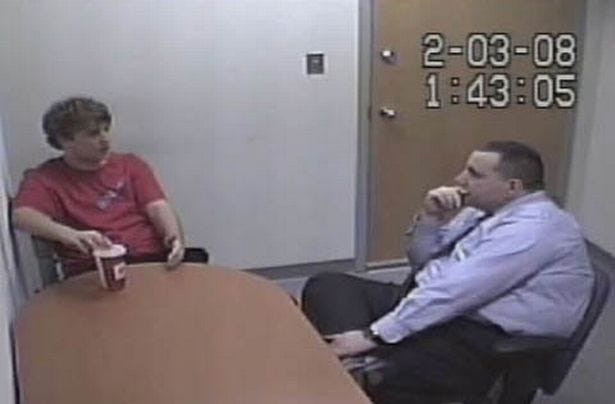
Additionally, during a phone call from jail to a friend, Nicholas was heard saying, “I hate justice. You need to break in here and break me out,” suggesting a lack of remorse for his crimes. Prosecutors played this phone call in court to argue that Nicholas was a dangerous killer who posed a threat to society.
“He cried at his sentencing hearing, saying he was sorry for the grief he caused his family. But in a jailhouse phone call to a friend two days earlier, he joked about escaping from prison.” — The Associated Press (source: The Washington Post)
At his sentencing, however, Browning cried and apologized to his relatives for the murders. Despite the conflicting reports and accounts, Browning was sentenced to four life terms, with the possibility of parole in 23 years with good behavior.
“Intelligent, funny, and outgoing”
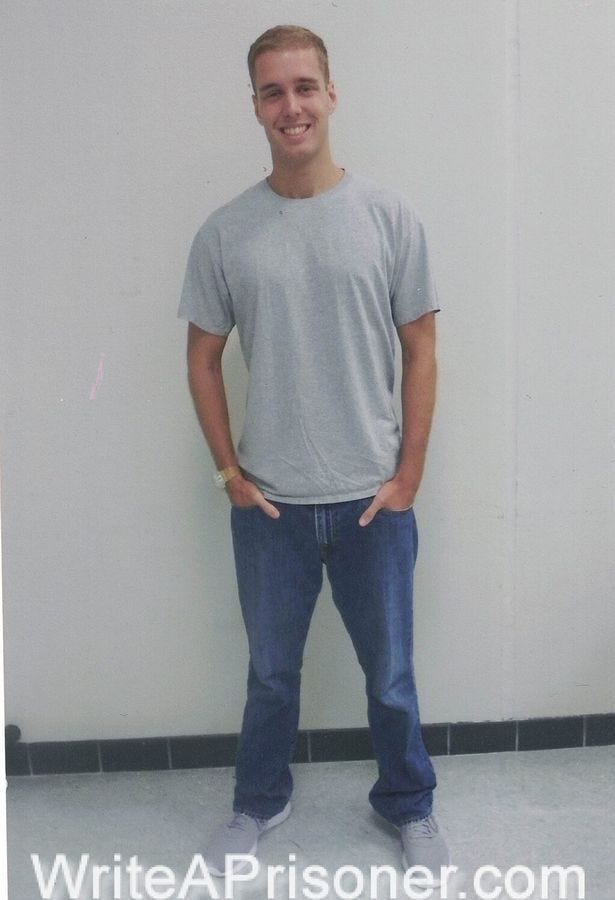
While serving his sentence in the Patuxent Institution, Nicholas Browning added a profile to a prison pen pal website. According to reports, he described himself as “intelligent, funny, and outgoing” and said that he was interested in writing letters to people who could offer “an outside perspective” and “positive communication.”
The profile was reportedly taken down after the website received complaints about it. Some argued that allowing convicted killers to seek pen pals on the internet was inappropriate and potentially dangerous. Others suggested that it was a violation of the victims’ families’ rights to have the person who killed their loved ones seeking contact with strangers online.
Overall, Nicholas’ decision to add a profile to a prison pen pal website was controversial and attracted a lot of attention from the media and the public. It was one of several instances in which his behavior after the murders was seen as callous or inappropriate, further complicating the question of his motive and state of mind at the time of the killings.
“It’s just terrible. The whole family was wiped out.” — Garland Williams, a former owner of a local garden center, speaking to The Baltimore Sun (source: The Baltimore Sun)
Conclusion
The murders of John, Tamara, Benjamin, and Gregory Browning were a tragic and senseless loss of life, and the case serves as a reminder of the complexities of human behavior and the need for empathy and understanding in even the most difficult and challenging circumstances. Ultimately, Browning was sentenced to four life terms, with the possibility of parole in 23 years with good behavior.
